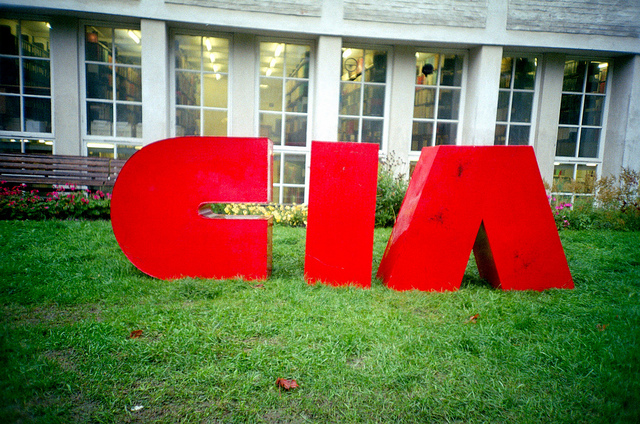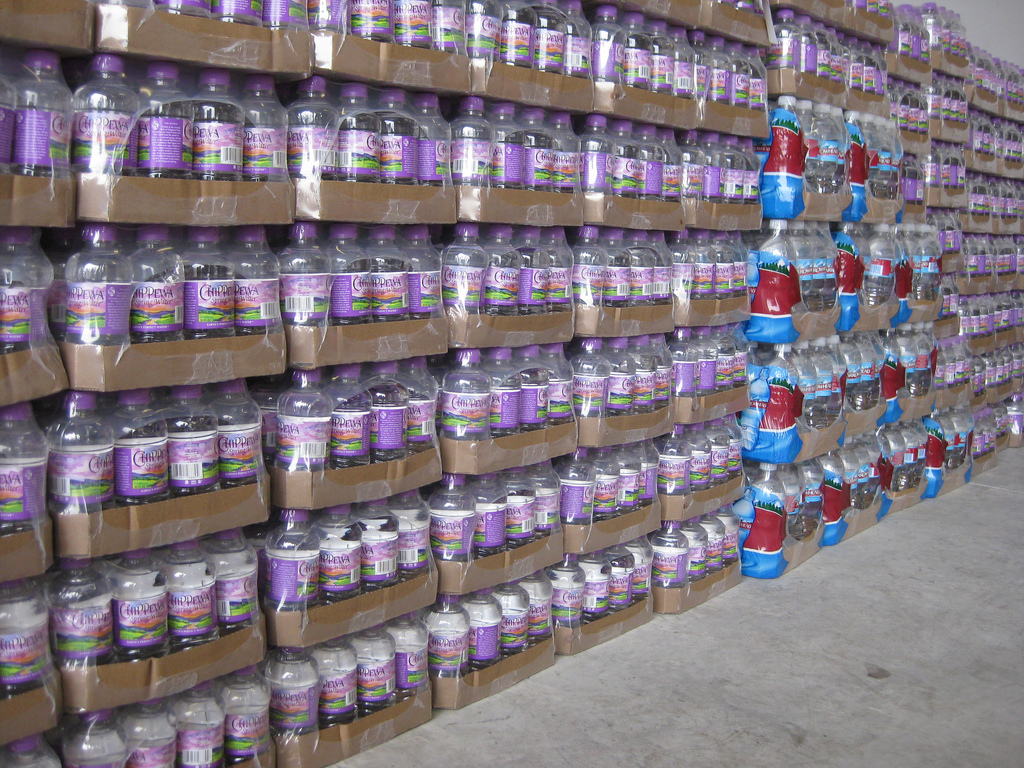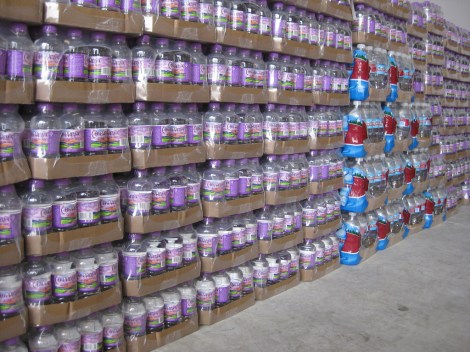Climate change is coming! Quick, buy more stuff!!
That’s the advice from the New York Times Magazine feature “How to Survive Societal Collapse in Suburbia.” Wait, don’t laugh yet — we’ll get to that.
First, meet Ron Douglas, a champion of survivalist consumer culture as a solution to our impending human-made doom. Douglas, his wife, and their six children live in the Denver exurbs with a “modified” vehicle that holds a lot of gas, which is apparently super “self-reliant.” Douglas founded “one of the largest preparedness expos in the country,” where companies try to sell people on disaster hoarding. But, like, sustainably!
Douglas talked about emergency preparedness, sustainable living and financial security — what he called the three pillars of self-reliance. He detailed the importance of solar panels, gardens, water storage and food stockpiles. People shouldn’t just have 72-hour emergency kits for when the power grid goes down; they should learn how to live on their own. It’s a message that Douglas is trying to move from the fringe to the mainstream.
By mainstream here they mean, to the middle and the left. For too long we’ve allowed political conservatives to dominate the survivalist market with their camoflauge and shotguns — obviously if those things were organic, they could gain more market share!
“We don’t say, ‘Hurry up and buy your stuff because Obama is going to ruin the country,’ ” Douglas said. “We don’t get into the political crap. We just want to teach people the lifestyle.”
Douglas seems blissfully unaware of the cognitive dissonance in this chosen “lifestyle,” one of hoarding food and objects for oneself and one’s large family out in the unsustainable suburbs where one is reliant on a gas-guzzling “modified” vehicle. There’s some talk of a garden, Sun Ovens, extreme weather, and rising sea levels, but not a mention of “climate change.” Anyway, who wants to bring politics into climate apocalypse? Only people who probably don’t want to buy an “Organic Preparedness Pail.” Yes, I said “Preparedness Pail.”
It sells for $270 and consists of 40 days’ worth of vacuum-packed organic food, including five pounds of rolled oats, four pounds of millet, three pounds of garbanzo beans and so on. Business at EnerHealth doubled last year. “And it looks like it may do it again this year,” [CEO Steve] St. Clair said. Sales were brisk before Hurricane Sandy. And natural disasters always help the preparedness industry.
Mmm, stimulus — it tastes like shock doctrine!





